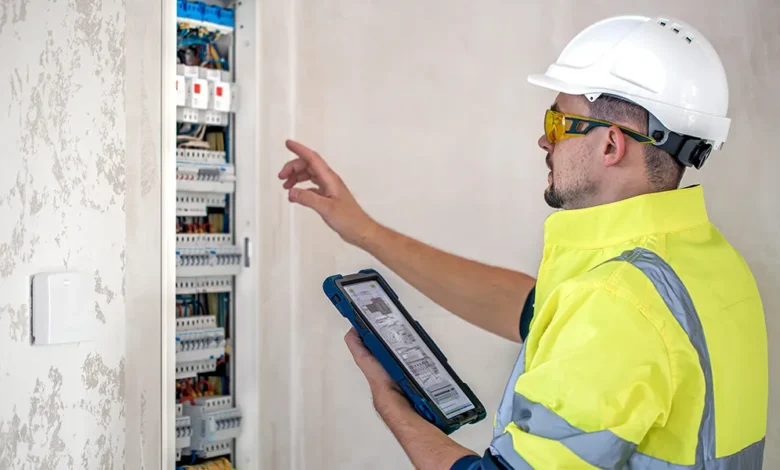How to Pick the Appropriate Options for Your Electrical Configuration

For your electrical system to be both safe and effective, selecting the appropriate circuit breaker is essential. Circuit breakers instantly cut off the electricity supply when a problem is detected, protecting your wiring and appliances against overloads and short circuits. Carefully evaluating your wiring, electrical load, and protection needs is necessary when choosing the right breaker.
Understanding Your Wiring and Electrical Load
Knowing your wiring’s amperage rating is crucial before selecting a circuit breaker. As electrical lines are made to withstand a certain amount of current, going over that limit might result in overheating and possibly a fire. To find out the cable’s ampacity, look at the wire gauge, which is usually marked on the jacket. Match the wire gauge to the appropriate amperage rating using a trustworthy ampacity table. Next, determine the circuit’s electrical load that has to be protected. The total wattage of all the gadgets and appliances that will be connected to the circuit should be added up. To calculate the amperage, divide the total wattage by the voltage, which is typically 120V in residential settings.
Matching Breaker Amperage to Wiring and Load
Choose a circuit breaker that is marginally less than the wire’s ampacity but greater than the circuit’s load after you have determined the amperage rating of your wiring and the computed load. This guarantees that before the wiring gets overloaded, the breaker will trip. For instance, a 20-amp breaker would be suitable if your wire is rated for 20 amps and your estimated load is 15 amps. Avoid exceeding the ampacity of the wire as this may provide a fire risk. However, a breaker too small for the load might cause nuisance tripping and a power outage.
Considering Different Types of Circuit Breakers
Think about the kind of circuit breaker required for your application in addition to the amperage rating. Ground fault circuit interrupters (GFCIs) are intended to prevent electrical shock in damp areas such as kitchens and bathrooms, whereas standard circuit breakers are appropriate for general-purpose circuits. Arc fault circuit interrupters (AFCIs) are necessary in many new construction projects, especially in bedrooms, as they can detect harmful arc faults that might result in fires.
Prioritizing Safety and Compliance
Safety and adherence to local electrical codes should always come first when choosing and installing circuit breakers. Make sure the breakers you buy are certified by a reputable testing lab or are UL-listed. Speak with a skilled electrician if you have any questions about any part of the selecting process. They are able to evaluate your electrical system, determine the loads, and suggest the right circuit breakers for your particular requirements. Since improperly fitted or mismatched circuit breakers might be dangerous, it’s best to be cautious and seek professional help.

